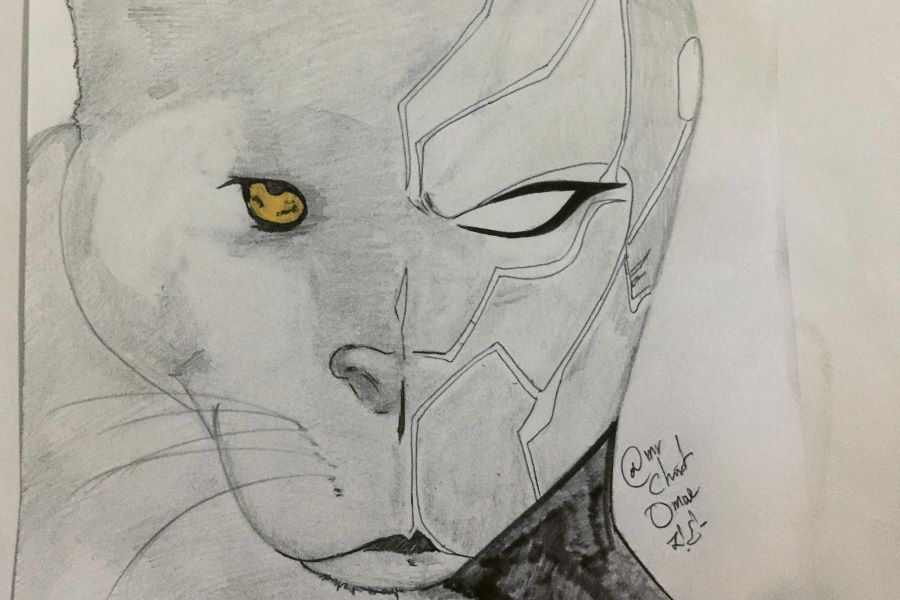
by Delord Herwane | 6 Dec 2022 | Art, Kepler, Student Posts, Youth Voices
Delord Herwane has drawn pictures since he was a child. “It’s a kind of evasion for me — to be far from worries or when there are some family issues.” A man and a panther, based on the movie “Black Panther” (all artwork by Delord Herwane) This...
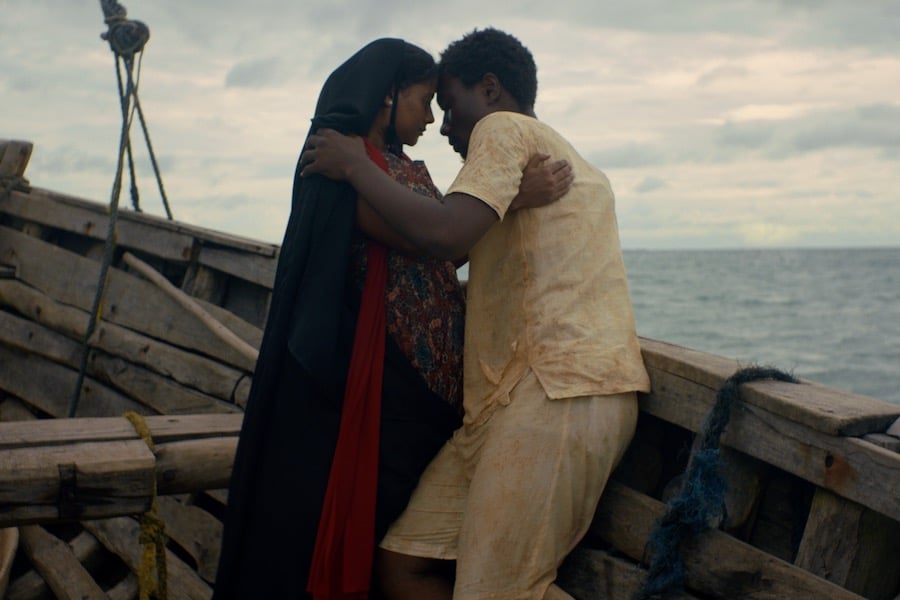
by Stella Mapenzauswa | 5 Dec 2022 | Africa, Culture, Educators' Catalog
Outside of Africa, audiences and streaming services generally spurn the thousands of films made in Africa each year. But that could change. A scene from the movie “Vuta N’Kuvute” (Courtesy of Kijiweni Productions) Tanzanian film “Vuta...
Correspondent Stella Mapenzauswa tells us about a romantic movie set in Tanzania during colonial times that could be nominated for an Oscar. That’s a rare feat for a movie made in Africa even though thousands of movies are made each year on the continent and one of the top-grossing films of all time — “Black Panther” — was set in Africa. This article examines that paradox and asks us to consider what movies audiences in the Global North will pay to see, what movies Hollywood chooses to promote and what that means for movie producers and audiences elsewhere in the world.
Exercise: Ask students to write down the last five movies they have watched with the places those movies are set in. Using Google My Maps or a paper world map, have students plot their movies on one map. How many of the places are fictitious or extraterrestrial? Does their collective movie watching reflect diverse locations around the world or are they all watching the same movies set in the same places? Do they think this is because they have chosen to watch these movies or is it a reflection of the choices of movies they are given to select from?

by Helen Womack | 24 Nov 2022 | Culture, Personal Reflections
Writing should not tie you up in knots. It is no more formal than speaking. Write as you would speak. Think of writing as speaking on paper. (Courtesy of Lansing Community College Library) Two authors taught me how to write. One was British civil servant Sir Ernest...
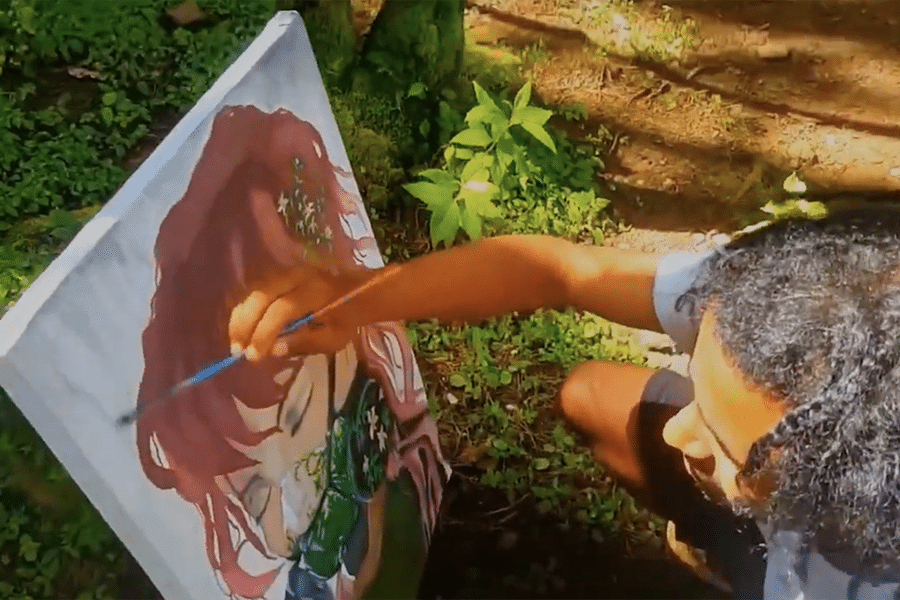
by Amanuel Bekalu | 7 Nov 2022 | Africa, Art, Youth Voices
Society shuns some art as disgusting. I’m tackling false conceptions about what is creative while training Africa’s new generation of artists. A project that I’ve started called AmaArts aims to cultivate and train the next generation of African...
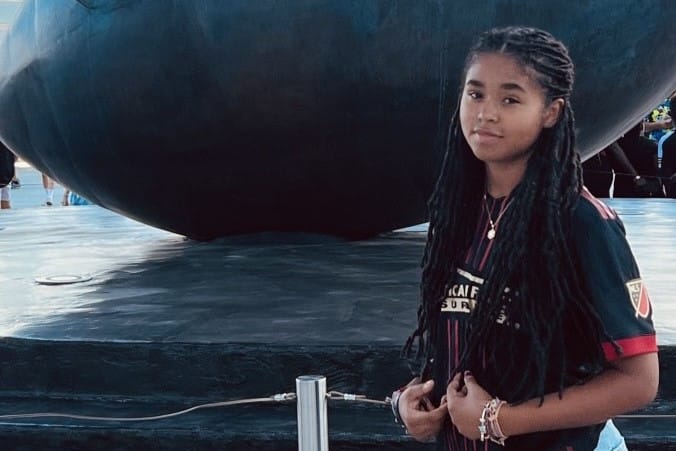
by Jaeda Liddell | 3 Nov 2022 | Art, Culture, Personal Reflections, Student Posts, Thacher School, Youth Voices
Writing poetry helps 14-year-old Jaeda Liddell handle pent-up emotions. She gives voice to the anxieties and concerns of an entire generation. This article, by high school student Jaeda Liddell, was produced out of News Decoder’s school partnership program. Jaeda is...
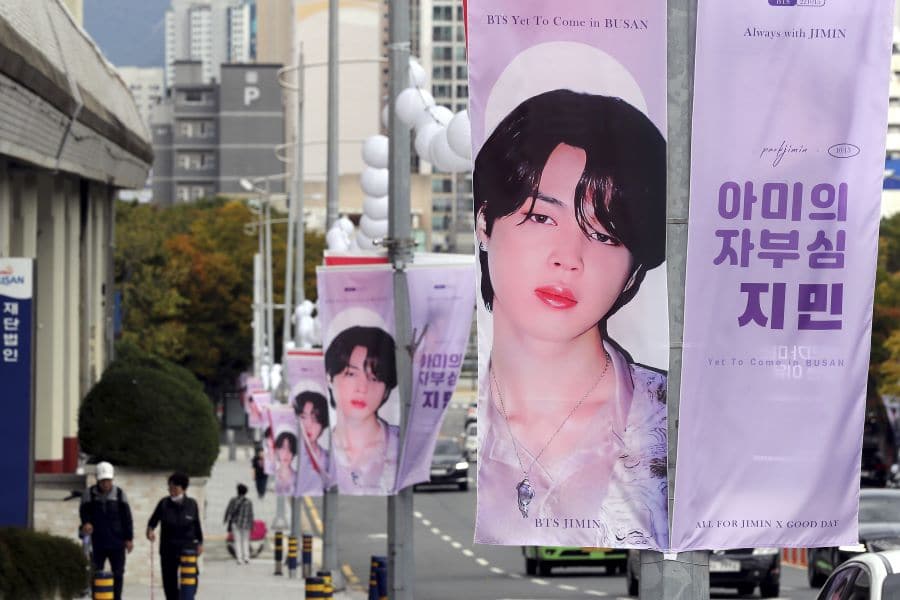
by Norma Hilton | 26 Oct 2022 | Art, Asia, Culture, University of Toronto Journalism Fellows
Social media influencers from Europe and North America are flocking to South Korea’s capital, Seoul, to tap into the K-pop craze and boost earnings. Banners featuring Jimin, a member of South Korean K-pop band BTS, are displayed in Busan, South Korea, 12 October...
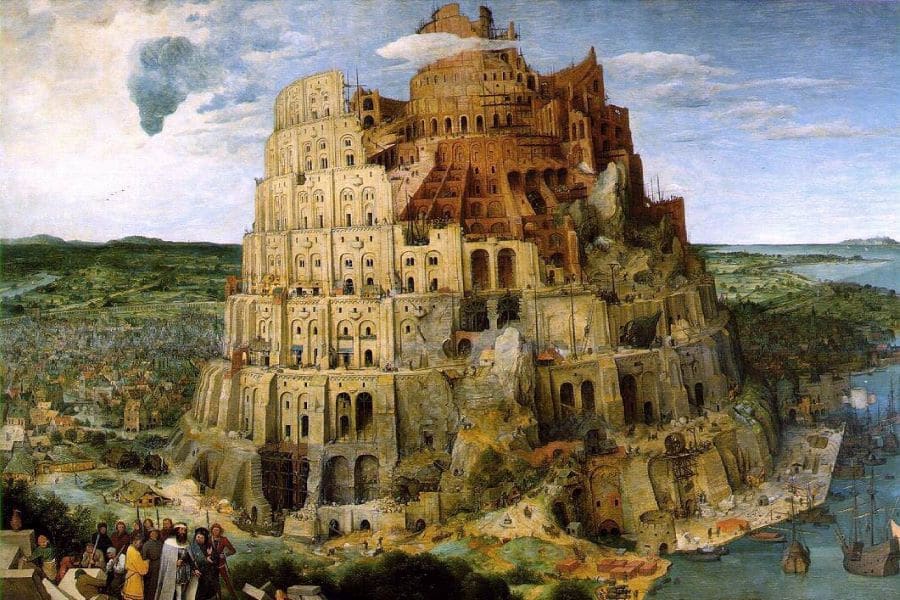
by Jeremy Solomons | 21 Sep 2022 | Culture, Educators' Catalog, Personal Reflections
English may be the world’s lingua franca, but it can be full of bias. The words we choose can make us better global citizens — or destroy understanding. The Tower of Babel, by Pieter Brueghel the Elder (Wikimedia Commons) “Language is the road map of a...
Global events are often reported from a U.S.-centric or Europe-centric perspective. Articles from the United States are peppered with analogies from baseball or American football, or are derived from a history of slavery. Stories from British papers often include language from colonial times. Correspondent Jeremy Solomons teaches us that to be a good global citizen, we need to take a look at the words we use and make sure they can be understood and accepted by people in different regions and from different demographics. Solomons shows us what it means to develop a global mindset.
Exercise: Solomons provides examples of words that might be problematic on a global level, such as “break a leg” and “come out of left field.” Can your students think of expressions that are unique to their country or region, and can they find a way to say the same thing in ways that might be better understood by someone from a different country and culture?
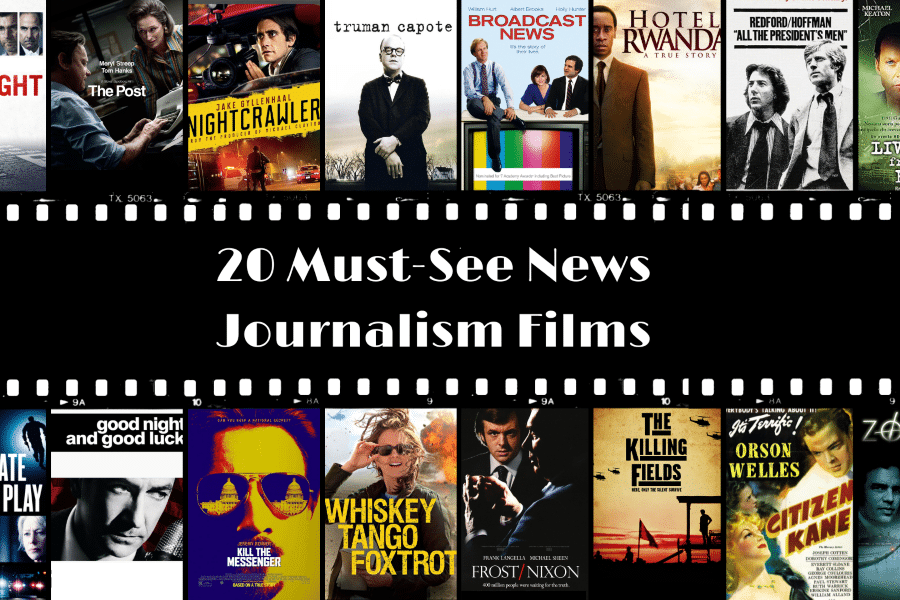
by Jessica Strickland | 15 Sep 2022 | Culture, Media Literacy
Last month we offered a list of books for aspiring journalists. Now, here’s a selection of films all news journalism buffs should see. After compiling a list of books for aspiring journalists, I was curious about other media forms that could inspire young people...
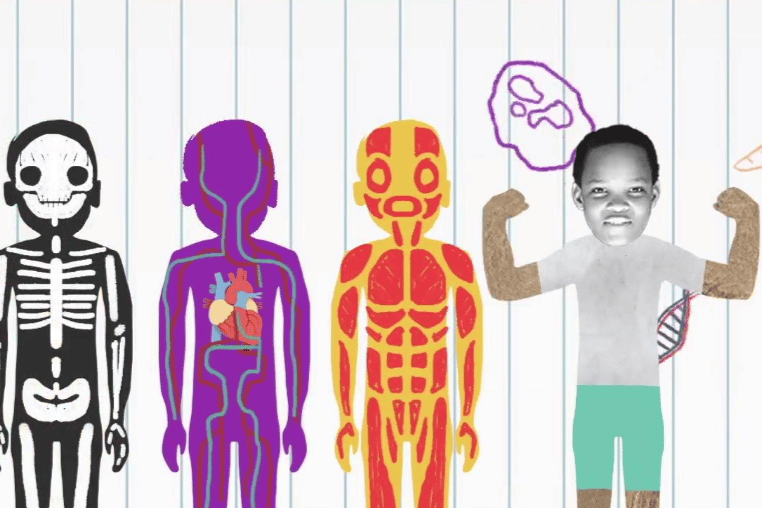
by Susanne Courtney | 31 Aug 2022 | Africa, Culture, Educators' Catalog
COVID-19 has given media firms in Africa a chance to create TV shows that teach science to children and challenge outdated gender norms. (Photo courtesy of N*Gen) COVID-19 lockdowns put the brakes on learning for children across Africa and around the world. It also...
COVID-19 has kept many students around the world at home, setting back their intellectual development despite efforts to pivot to virtual learning. In Africa, creators using media to educate youth have taken advantage of the situation and a widespread lack of Wi-Fi to create TV shows that teach children about science and sexual health while challenging gender stereotypes. Correspondent Susanne Courtney has spoken to experts in science and entertainment to explore a silver lining in the otherwise dire pandemic.
Exercise: Ask your students to identify a positive outcome in their community stemming from the coronavirus pandemic. It could be a business that took advantage of the situation to pivot or increase sales, or new investments in hitherto neglected areas.
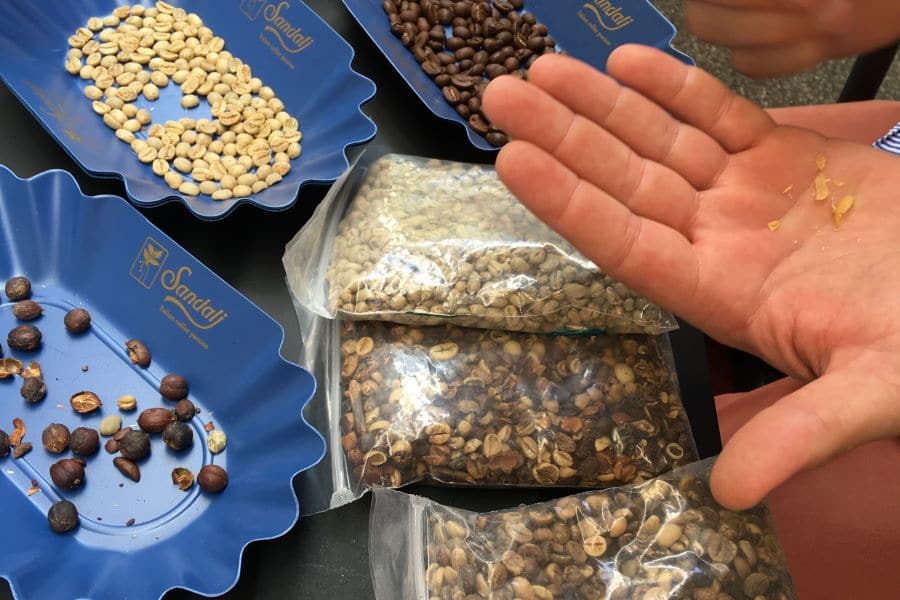
by Tira Shubart | 24 Aug 2022 | Culture, Economy
Coffee is more than a beverage in the Italian city of Trieste. Over centuries, the commodity enriched the port, where cafés are ‘places of the soul.’ Examining coffee beans at Caffè San Marco in Trieste, Italy (photo by Tira Shubart) Grabbing a coffee is...










